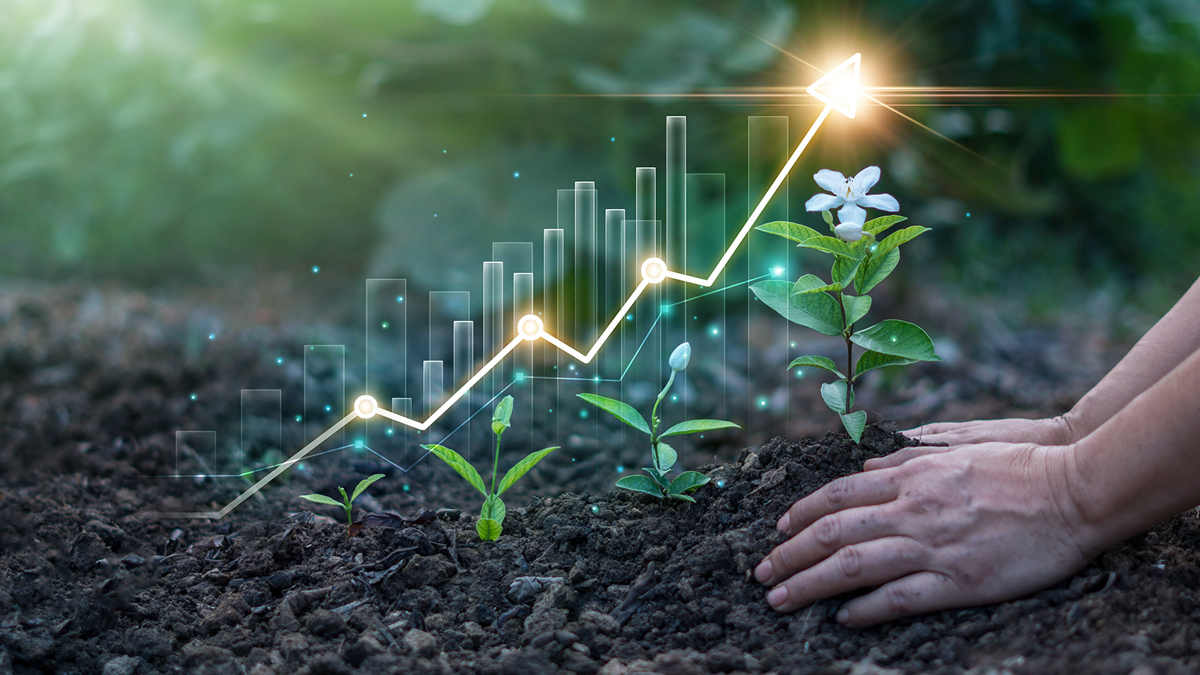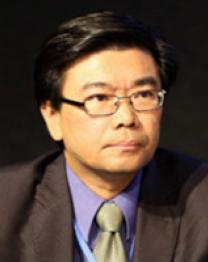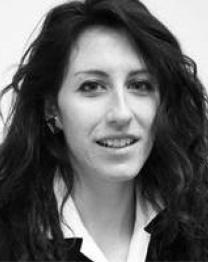Background
The importance of tackling biodiversity loss is recognized by internationally agreed objectives, including the Sustainable Development Goals (SDGs) and the Kunming-Montreal Global Biodiversity Framework (KMGBF).
Data on trade of biodiversity-based products and its impact on biodiversity and livelihoods is critical for countries to develop informed sustainability and trade policies. However, there is limited data publicly available on sustainable trade in these products and services and their environmental and socio-economic impacts. Available information often is not comparable and dispersed across many different databases, making it difficult to be effectively used.
In September 2022, the United Nations Trade and Development (UNCTAD)’s BioTrade Initiative and Statistics launched the pioneering Trade and Biodiversity statistical tool (TraBio). It is an initial step to enable open access to reliable and comparable trade-related information on biodiversity-based products. TraBio applies a product classification of biodiversity-based products covering 1,814 HS sub-headings, an online database on trade flow in these products and related indicators, and a visualisation tool. UNCTAD also convened the Informal Working Group (iWG) of Experts on Trade and Biodiversity Statistics aiming to improve data collection. The iWG also aims to support the monitoring and reporting under the SDGs and relevant processes such as the KMGBF.
The iWG met virtually five times between October 2023 and September 2024. IWG experts were invited to discuss progress towards a comprehensive trade and biodiversity framework and identify priorities and partners for further collaboration and knowledge exchange. The content and objectives of each meeting can be found on their dedicated webpage.
Objectives
The sixth meeting of the iWG aims to:
- Present and discuss the peer reviewed “Background Paper: Towards a framework for Enhanced Trade and Biodiversity Statistics” which compiles the discussions and work undertaken during the iWG meetings
- Provide updates and highlights by iWG members, including UNCTAD
Target audience
The event targets members of the iWG, who are experts on the issues of trade, biodiversity, and/or statistics from developed and developing countries. It aims to ensure a broad participation and a balanced geographic and gender representation. Participants will have experience on the topic being discussed and agree with the Terms of Reference of the Informal Working Group. If interested in joining or for other related queries, kindly email [email protected] with the Subject: Informal Working Group of Experts on Trade and Biodiversity Statistics.
Experienced international lawyer and policy analyst with a demonstrated history of working in international trade, climate change, environment, investment, human rights, and sustainable development policy, in NGOs, academe, and intergovernmental organizations in a multicultural setting.
Strong community and social services legal professional, with progressively senior management and administrative experience, with a Master of Laws - LLM focused in International Law and Legal Studies from Georgetown University Law Center and a Bachelor of Laws and of Political Science from the University of the Philippines.
Onno Hoffmeister joined the UN Trade and Development's (UNCTAD) Statistics Service in 2015.
He previously worked as statistician at the Food and Agricultural Organization of the United Nation (FAO) and Eurostat and as researcher at the University of Hamburg and the German Institute for Economic Research. He was engaged as consultant for the GIZ and the German Federal Ministry of Economics in capacity building ("twinning") projects of the European Commission.
In 2024, he led UNCTAD's comprehensive assessment of the impact of mid-term IMO GHG reduction measures on States and in 2023 the development of the UNCTAD - World Bank Trade-and-Transport Dataset. He coordinated the statistical work behind many of UNCTADs online datasets including on ocean trade and maritime transport.
He holds a PhD in Economics from the European University Viadrina and has 25 years of experience in statistics, economic analysis and capacity building. He published in the Journal of Shipping and Trade, the Statistical Journal of the IAOS, Agricultural Economics, the Review of Income and Wealth and other peer-reviewed journals. He is member of the UN Committee of Experts on Business and Trade Statistics, the International Association for Official Statistics, and the German Association for Social Policy.
Lorena Jaramillo is an economic affairs officer at UNCTAD.
She has been working in the area of BioTrade since 2001, internationally with UNCTAD and also in her native country, Ecuador. Lorena is currently responsible for the UNCTAD BioTrade Initiative, which is being implemented jointly with partners in more than 90 countries. Additionally, she has worked in the development and implementation of sustainable development projects in Asia, Africa and Latin America in relation to biodiversity, sustainable trade, business development, sustainable sourcing, climate change, among others.
During her career of more than 20 years, Lorena has written several publications, for instance related to sustainable development, sustainable trade and biodiversity, the development of value chains and sustainable supply, reconstruction and peace.
She is an economist specialized in sustainable development from the Pontifical Catholic University of Ecuador and has an MBA from the University of Geneva, Switzerland.
Diana Camerini is an illicit financial flows (IFFs) data specialist at the United Nations Office on Drugs and Crime (UNODC), Vienna.
She joined the UNODC Data Development and Dissemination Section in 2016, and since then has been working intensively on the definition of concepts and methods for the statistical measurement of IFFs, with a focus on IFFs generated by illegal markets and other criminal activities. Ms. Camerini is currently managing a project for pilot testing such methods in Asia and, previously, she participated in pilot testing in Latin America. At UNODC, she also works on several other drugs and crime statistics and research, such as trafficking flows of drugs and wildlife products, drug demand indicators and corruption measurement.
Between 2014 and 2016, Ms. Camerini worked as an empirical researcher at Transcrime (Milan, Italy), focusing on money laundering risk modelling and methods to estimate proceeds of illegal market activities. She holds an M.Sc. in Economic and Social Sciences (2012) from Bocconi University.





